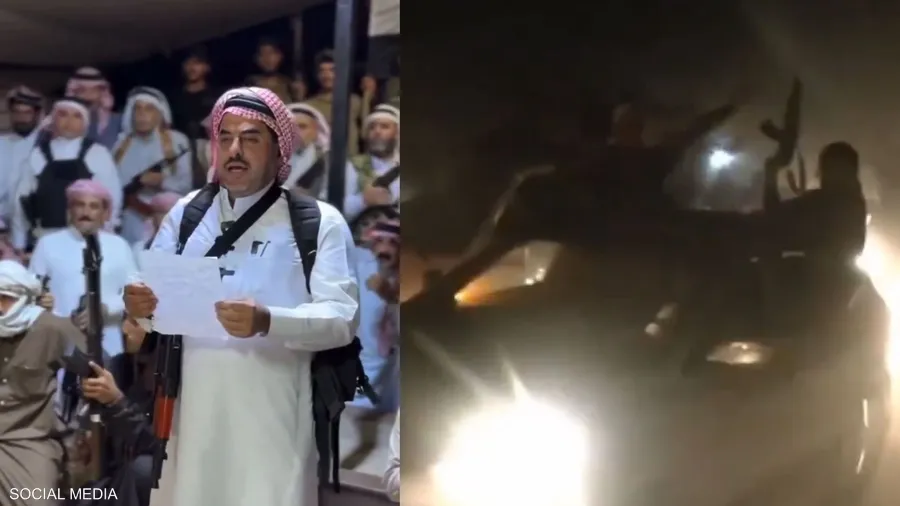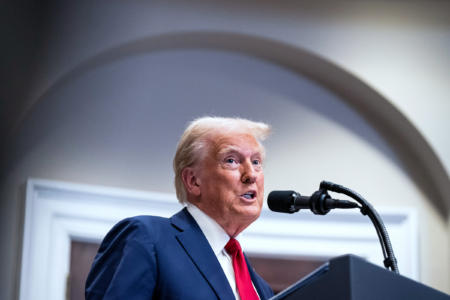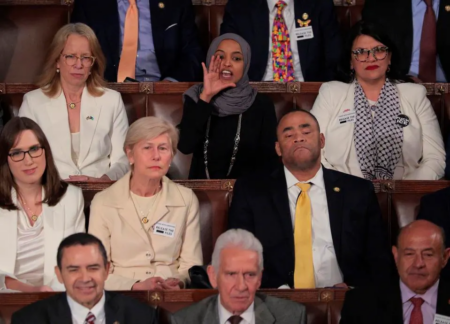The term “Arab Tribes and Clans” surged to the top of social media trends early Friday, as users reacted to the intensifying violence in Suwayda, a southern Syrian province dominated by the Druze community.
The renewed unrest follows the withdrawal of Syrian government forces and the outbreak of fierce clashes between Druze militias and Sunni Bedouin factions, with tribal leaders issuing a nationwide mobilization.
Why Are Arab Tribes and Clans Heading to Suwayda?
According to Syria’s state news agency, an agreement was reached between the Interior Ministry and leading Druze clerics (Mashayekh al-Aql) to hand over the responsibility of security in Suwayda to local Druze factions after the army’s exit.
However, this fragile arrangement quickly unraveled.
Armed groups have been accused of breaching the agreement, committing acts of violence that are, according to the agency, “threatening civil peace and pushing the region toward chaos and collapse.”
Forced Displacement and Sectarian Violence
On Wednesday, several Arab tribes and clans, particularly from the Bedouin Sunni communities, accused Druze militias of committing atrocities and forcibly displacing Sunni Muslim families from Suwayda and its outskirts.
Mohammad Al-Baddah, a prominent Bedouin leader residing in Suwayda, claimed in a voice message that tribal families were “forcibly displaced”, despite the announced ceasefire.
He added that sporadic attacks by armed groups continue to threaten the region’s fragile stability.
State media also reported the expulsion of Bedouin families from rural areas by “unlawful armed groups,” pointing indirectly to Druze factions for opening fire on civilians.

Arab Tribes and Clans Claim Ground in Southern Syria
On Thursday, the Southern Tribes Union, representing Arab tribes and clans in southern Syria, released footage allegedly showing their fighters seizing control of several villages from militias loyal to Druze cleric Hikmat Al-Hijri.
Hikmat Al-Hijri Rejects Truce, Urges Continued Armed Resistance
Despite ceasefire efforts, Hikmat Al-Hijri, a powerful Druze religious figure, rejected the agreement and called for continued resistance.
His defiance has raised concerns over the viability of long-term peace in Suwayda.
Al-Baddah went further, accusing Al-Hijri’s groups of pursuing an ethnic cleansing agenda.
“These attacks are part of a plan to forcibly remove Sunni communities and establish a Druze-only zone in Suwayda,” he warned.
“But Arab tribes and clans are committed to defending the oppressed and standing with the state.”
Syrian Government and Interim Presidency Urge Calm
The Syrian presidency called on all parties to exercise restraint and allow state institutions to restore order. In a televised speech, interim President Ahmad Al-Sharaa emphasized:
“We do not fear war, but we choose to prioritize our people over chaos and destruction.”
Massive Tribal Mobilization: Over 50,000 Fighters in Suwayda
According to tribal sources, more than 50,000 fighters have already arrived in Suwayda, with tens of thousands more mobilizing from Aleppo, Deir Ezzor, and eastern Syria.
This marks one of the largest tribal deployments in the country’s civil conflict, signaling a new phase of armed tribal resistance.
Arab Tribes Lead a Digital Offensive
The mobilization isn’t just physical.
Arab tribes have flooded social media with videos, declarations, and footage of rescued families, using digital platforms to build morale and legitimacy.
This digital strategy showcases how online influence has become a parallel battlefield in Syria’s evolving tribal dynamics.
As fighting continues, Arab tribes and clans have emerged as a central force in shaping the future of Suwayda.
Their unprecedented mobilization—both on the ground and online—underscores a broader transformation in Syria’s conflict: one where tribal alliances are no longer local actors, but national influencers with military and political ambitions.
Sources: CNN, AlJazeera, Sky news Arabia








